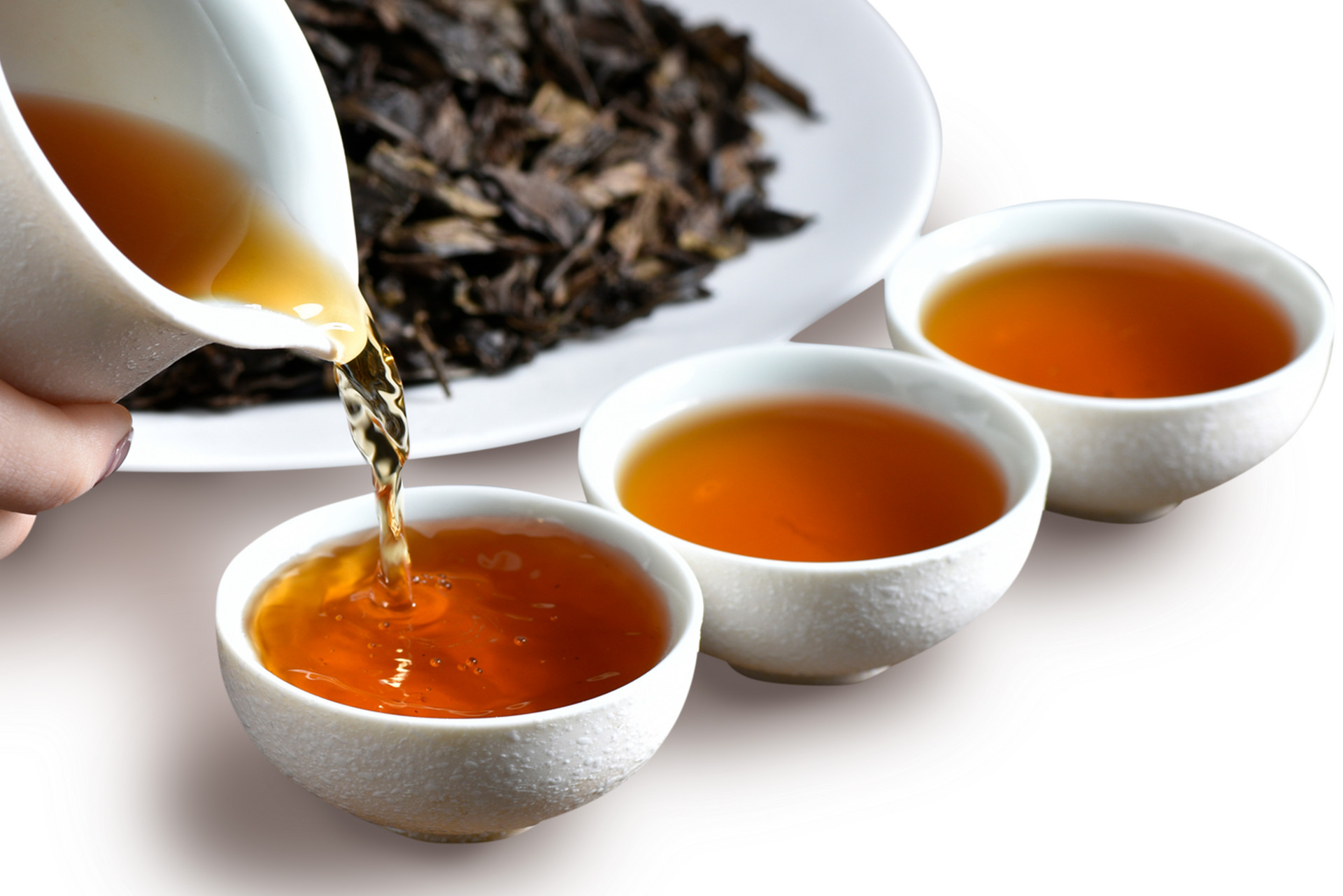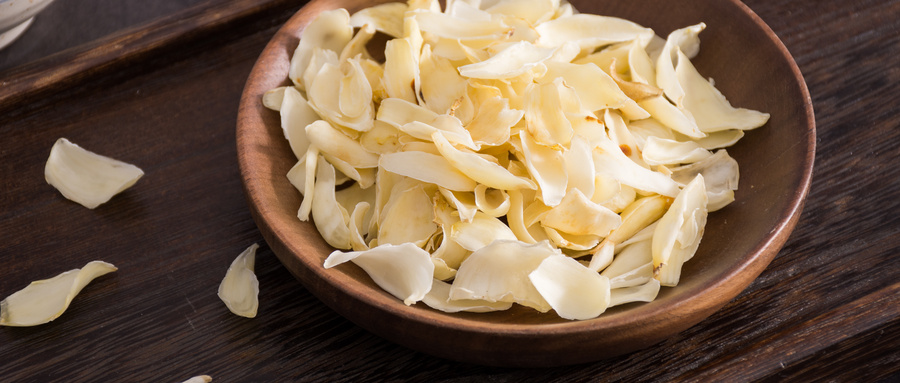Dandelion is a common wild herb that contains amino acids, vitamins, proteins, and other nutrients. Dandelion can be consumed as food and used as medicine. The most common way to consume dandelion is by making dandelion tea. So, what are the methods for making dandelion tea?
Can dandelion be steeped for tea?
Yes, it can.
Dandelion is a medicinal herb that clears heat and detoxifies. It has a cold nature and a bitter taste. It has the effects of clearing heat, detoxifying, dispersing abscesses, resolving inflammation, and inhibiting bacteria. Dandelion is a herbal medicine that can be decocted, steeped in water, and commonly used in doses of 10-20 grams. The large dosage is 60 grams. Excessive consumption of dandelion may cause symptoms such as dizziness, diarrhea, and nausea.
Methods for making dandelion tea
Dandelion Peppermint Tea
Ingredients:
100g of dandelion (or 30g of dried dandelion), 20g of dried peppermint, 20g of bitter melon, 10 slices of fresh lemon.
Instructions:
1. Wash the ingredients and put them in a pot with 3 bowls of water.
2. Boil until there are 2 bowls of water left, then remove from heat.
Benefits: Clears heat, diuresis, lowers blood lipid levels.
Dandelion Chrysanthemum Tea
Ingredients:
Dandelion, chrysanthemum, hot water.
Instructions:
1. Brew dandelion and chrysanthemum with hot water.
2. Filter the tea and remove any residue, then pour in a second round of hot water.
3. Drink the tea when the water temperature is appropriate, and you can also add rock sugar for flavor.
Benefits: Clears heat, detoxifies, benefits the liver, and brightens the eyes.
Benefits of drinking dandelion tea
Dandelion contains flavonoids, dandelion sterols, inulin, choline, and other components, which can enhance immunity, promote vascular function, lower blood pressure, lower blood lipids, and have anti-aging effects. In addition, dandelion has the effects of clearing heat, detoxifying, dispersing abscesses, and resolving inflammation. It is suitable for symptoms such as mammary abscess, intestinal abscess, carbuncle, redness and swelling of the eyes, stomach fire, hepatitis, urinary tract infection, and snake and insect bites.
Can dandelion tea be consumed long-term?
It is not recommended to consume it long-term.
Dandelion is rich in nutrients and has the effects of clearing heat, detoxifying, and dispersing abscesses. It has obvious therapeutic effects on heat toxins, abscesses, acute mastitis, and urinary system infections. However, its medicinal properties are cold, and long-term consumption may harm the spleen and stomach. Excessive consumption of dandelion may cause symptoms such as stomach heat, nausea, and dizziness.
Who should not consume dandelion?
1. People with chronic illness and weakness.
People with chronic illness and weakness have a heavy coldness in their bodies. Consuming dandelion may worsen the symptoms of coldness and hinder the recovery of the body.
2. People with a cold constitution.
Dandelion has a cold nature, and consuming it may worsen the internal coldness in people with a cold constitution, leading to discomfort.
3. People with spleen and stomach deficiency-cold.
Dandelion has a bitter taste and a cold nature, and consuming it may cause discomfort in people with spleen and stomach deficiency-cold.












